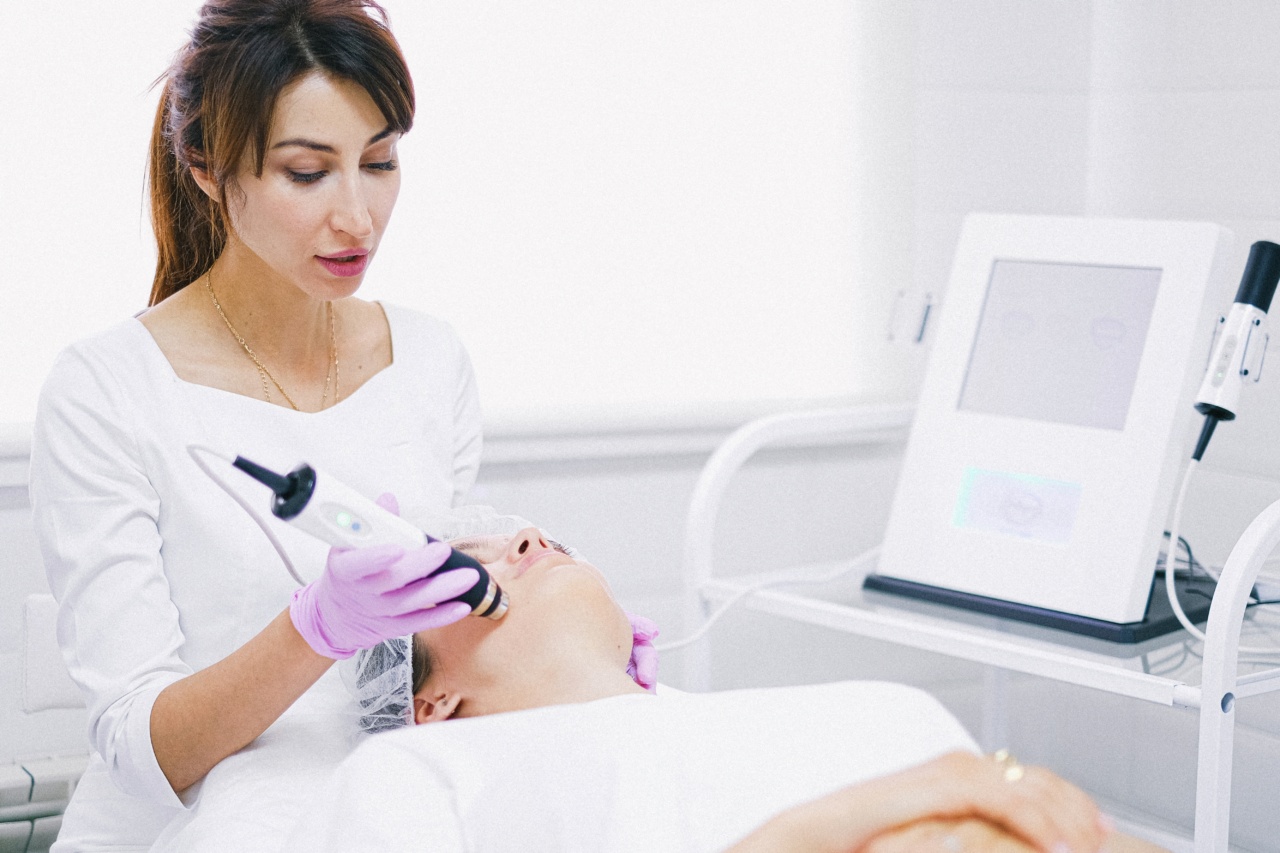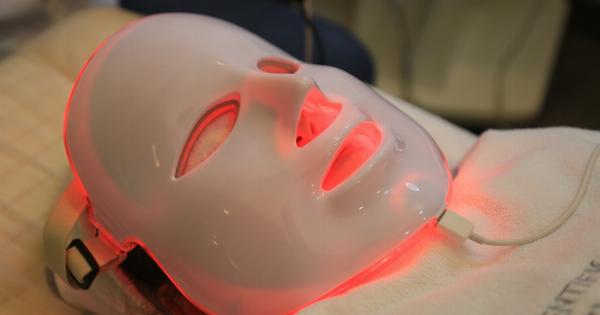Varicose veins are swollen, twisted veins that often appear blue or dark purple. They usually occur in the legs, but can also form in other parts of the body. While they can be unsightly, they can also cause discomfort and health complications.
Luckily, there are various methods to treat varicose veins, including laser treatments.
What Are Laser Treatments for Varicose Veins?
Laser treatments for varicose veins are minimally invasive procedures that use heat generated by laser energy to close off damaged veins.
The energy is delivered through a tiny fiber inserted into the vein, which causes the vein to collapse and seal shut. Eventually, the body absorbs the vein and the blood is rerouted to healthier veins.
Types of Laser Treatments for Varicose Veins
There are two main types of laser treatments for varicose veins: endovenous laser ablation (EVLA) and transdermal laser treatment (TLT).
Endovenous Laser Ablation (EVLA)
EVLA is a minimally invasive procedure that uses a thin laser fiber to seal off the damaged vein. The procedure is typically performed under local anesthesia and takes about 45 minutes.
The laser fiber is inserted into the vein through a tiny incision and delivers heat energy to close the vein. The procedure is usually well tolerated and has a low risk of complications.
Transdermal Laser Treatment (TLT)
TLT is a non-invasive procedure that uses a laser to treat superficial varicose veins. The procedure involves no incisions and is typically performed under local anesthesia. During TLT, a laser is passed over the skin and targeted at the affected veins.
The laser energy is absorbed by the hemoglobin in the blood, which heats and damages the vein. Over time, the vein closes off and is absorbed by the body. TLT is a relatively quick and comfortable procedure, and patients can usually return to normal activities immediately after.
Benefits of Laser Treatments for Varicose Veins
Laser treatments offer several benefits for patients with varicose veins, including:.
- Minimally invasive procedures that require no general anesthesia
- Low risk of complications, such as bleeding and infection
- Minimal downtime and no hospitalization required
- Effective treatment for small and large varicose veins
- Long-term results with a low risk of recurrence
Is Laser Treatment Right for You?
If you have varicose veins and are considering laser treatment, there are several factors to consider. Your doctor will assess the severity of your varicose veins and recommend a treatment plan that is best for you.
Laser treatments are generally a good option for patients with mild to moderate varicose veins, but may not be appropriate for those with more severe cases.
Risks and Complications of Laser Treatment
While laser treatments for varicose veins are generally safe and effective, there are some risks and complications associated with the procedure. These include:.
- Swelling and bruising
- Numbness or tingling in the treated area
- Burns or skin discoloration
- Blood clots
- Infection
- Recurrence of varicose veins
Aftercare for Laser Treatment
After a laser treatment for varicose veins, it is important to follow your doctor’s aftercare instructions to promote healing and prevent complications. These may include:.
- Wearing compression stockings to promote blood flow and reduce swelling
- Avoiding strenuous physical activity for a few days after the procedure
- Elevating your legs when sitting or lying down to reduce swelling
- Taking over-the-counter pain medications, such as ibuprofen, if needed
- Going for follow-up appointments with your doctor to monitor your progress and ensure that the treatment was successful
Conclusion
Laser treatments for varicose veins offer a safe and effective option for patients seeking relief from this common condition.
With minimal downtime and low risk of complications, it is a viable alternative to more invasive procedures like vein stripping. If you are considering laser treatment for your varicose veins, be sure to consult with a qualified physician to discuss your options and determine the best course of treatment.





























